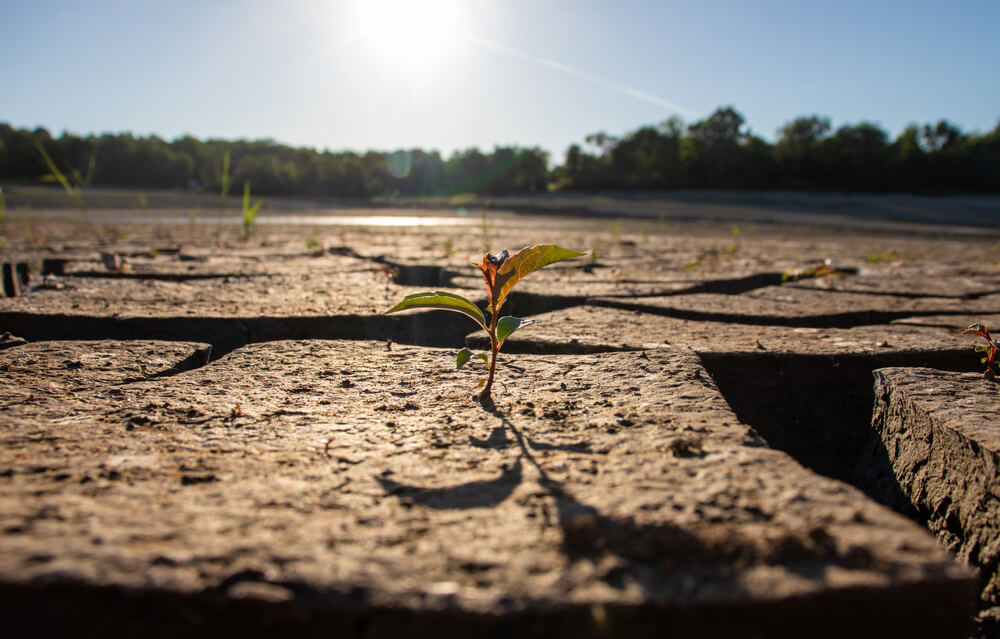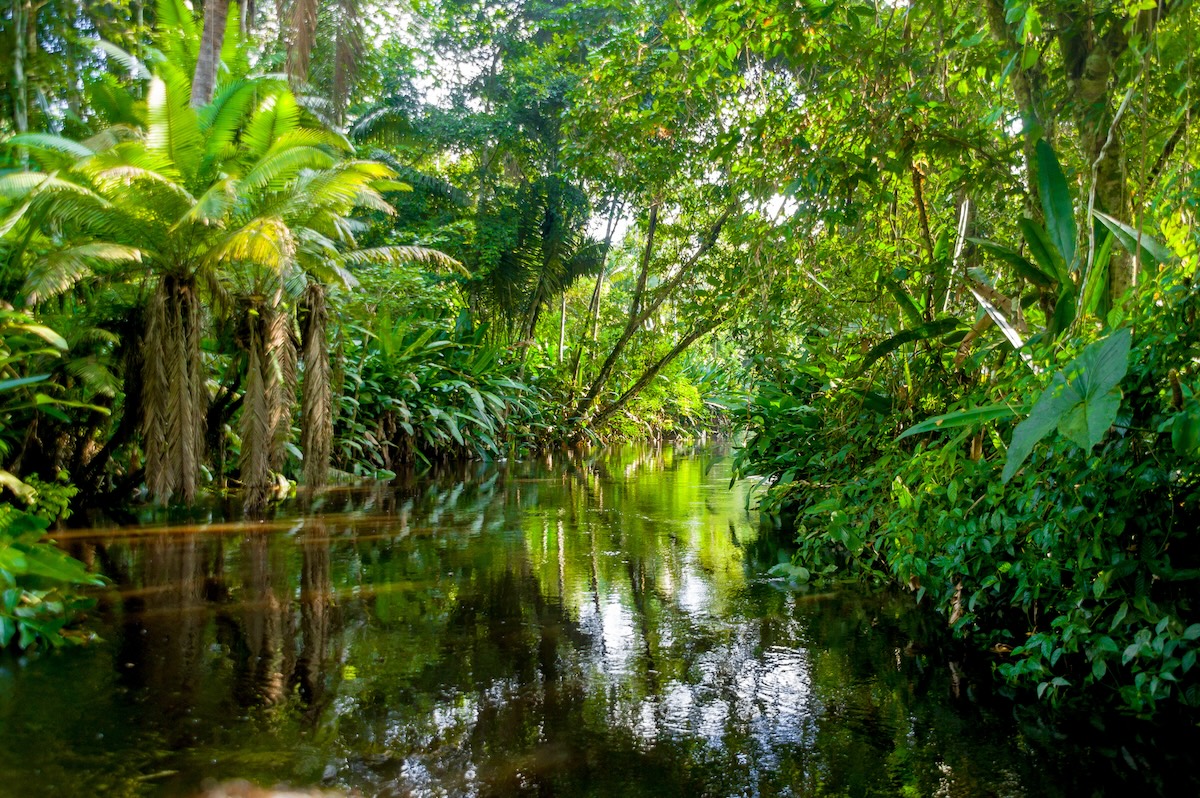The more than 400,000 people living across the 700 islands of the Caribbean country of the Bahamas depend on the health of their marine ecosystems. The government has inked a deal to exchange $300 million of its sovereign debt for a lower-cost debt package from Standard Chartered.
The interest it saves – an estimated $124 million over 15 years – will be committed to conservation activities in designated marine protected areas, or MPAs.
The debt swap is the fifth such deal in a Nature Bond series facilitated by The Nature Conservancy.
“By strengthening the protection and management programs of the marine protected area system we will safeguard livelihoods, boost the economy, and contribute to global ocean protection goals,” said the Bahamas’ climate change and environmental advisor, Rochelle Newbold.
Catalytic family capital
The Nature Conservancy developed the first of its Nature Bonds in the Seychelles in 2016. That and subsequent deals in Belize, Barbados and Gabon required significant risk mitigation to meet commercial backers investment requirements.
The Bahamas deal includes a $200 million credit-risk guarantee from the Inter-American Development Bank. Lukas Walton’s family office, Builders Vision, followed with another $70 million credit-risk guarantee, collateralized by its own assets.
It’s the first time a family office is participating in a debt-for-nature swap, Builders Visions’ Rebecca Carland told ImpactAlpha.
“What we’re hoping to prove is that family offices and other pools of capital can play a unique role to support and catalyze investments for projects like this,” she said. “There are opportunities to do this in non-concessionary ways.”
AXA XL is providing $30 million in credit-risk insurance.
Conservation finance
How to finance climate mitigation and adaptation is a pressing issue for small and climate-vulnerable countries, many of which are saddled with costly sovereign debt. As the COP29 climate summit in Baku, Azerbaijan winds down, an agreement is yet to be reached on how much, and how, wealthy countries will support lower-income nations in the climate transition. Private investors are expected to be a significant part of the equation.
Carland sees significant potential and interest in debt-for-nature conservation deals.
“These sovereigns can always go out and get debt,” she said. “It’s the guarantee that unlocks the savings that sovereigns can take and apply to things that are important in their local economies, communities and ecosystems.”
The terms work for Builders Vision because the assets collateralizing the guarantee stay with the family office and remain in investments approved by Standard Chartered throughout the duration of the project. Its assets will only be called if the full $200 million guarantee from IADB had to be paid out. Builders Vision will also earn a fee for the guarantee.
“We spent a lot of time underwriting and getting comfortable with the risk,” said Carland. “This is a commercially viable way to unlock impact.”
She added, “We need to increase the community of people that are doing these deals and doing them in a truly authentic way, driven by an understanding of conservation.”
Coastal preservation
The Bahamas will pay just 4.7% on the new loan package from Standard Chartered, significantly less than its existing debt. The deal includes commitments for the Bahamas to use the interest savings for MPA management, marine spatial planning, and to develop a mangrove management plan over the next 15 years. It will also be used for coral reef, seagrass meadow and wildlift habitat preservation, among other initiatives.
A separate foundation will be set up to generate an estimated $20 million in additional conservation funding by 2039.
Builders Vision, which has provided $22.5 million in grants and impact investments in marine conservation in the Bahamas in the past, helped shape this deal’s milestones.
Said Carland, “For us to be the first family office to join a consortium on a project like this is very in keeping with the kind of work we have been doing in oceans and conservation and that we would like to keep doing.”












